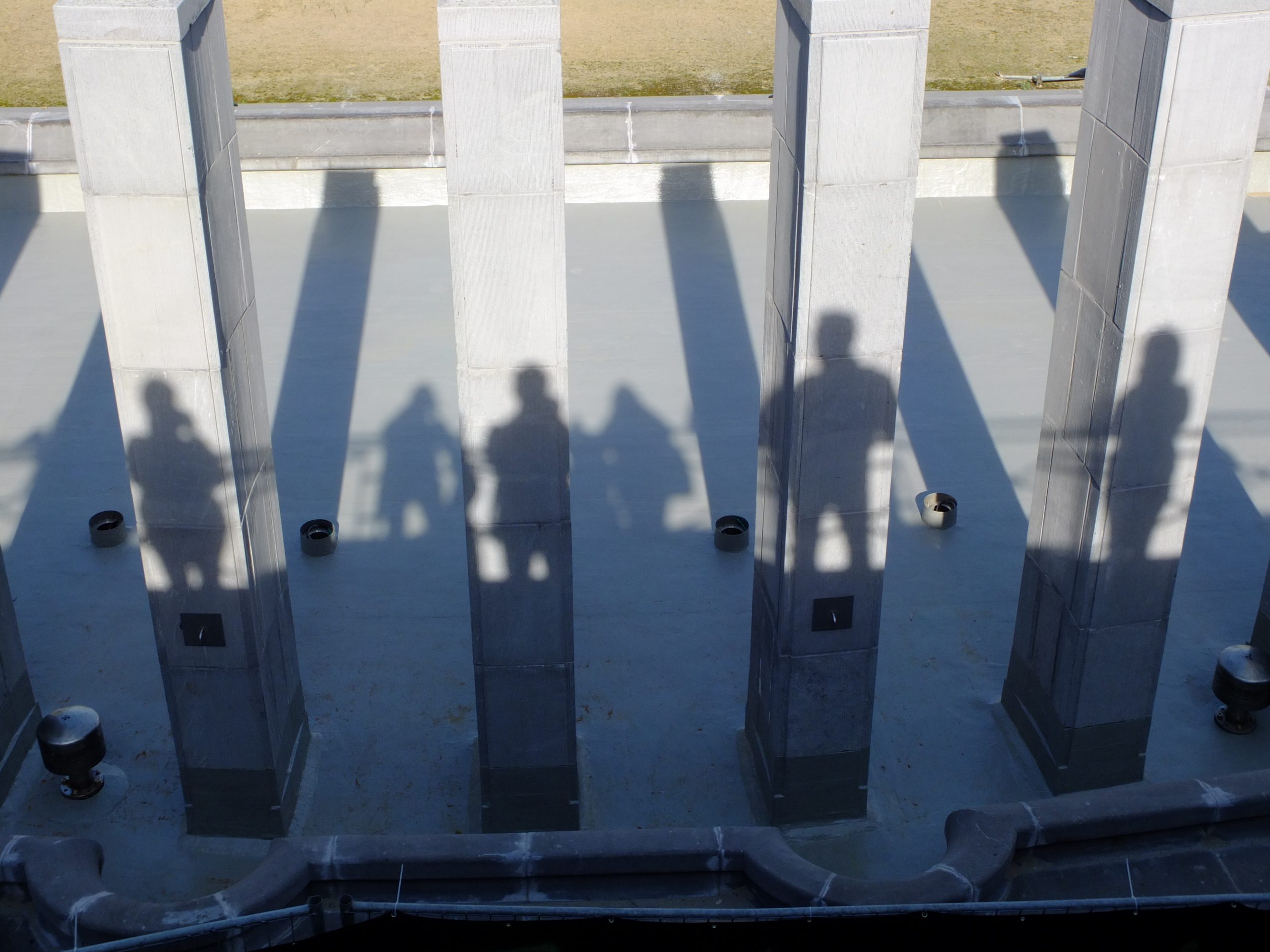In Action
Action methods integrate experiential learning and practical activities in the exploration of a range of issues at organisational or individual level. The methodology draws on the creativity and spontaneity of the participants with theoretical underpinnings from the work of Dr Jacob Levy Moreno (1889-1974) on role theory and sociometry.
Historically Dime Ltd has used action methods to manage international associations and to relate investment to organisational values and performance that goes beyond ‘reputation’ in interest representation at EU level.
– co-generate and share organisational knowledge;
– bring a wider experience of co-commitment and co-ownership into decision-making;
– explore the relationships within and between groups in societies, whether local, national,
– PowerPoint Free zones;
– actively experiment with potential scenarios for an effective organisational response;
– transformational learning through enacting case studies of your choice;
– reflective exploration and immersive learning
‘Chaotic’ workshops
Dime Limited runs annually these one-day events in selected locations, often within the framework of international thematic conferences for anyone who wants to share their own experiences in a group exploration of social and community issues. These workshops are occasionally run together with our international project partners.
’Chaotic’ refers to the unpredictability that characterises such workshops as they are not pre-programmed. These unique group explorations open a space for an unplanned learning process to unfold according to the ‘here and now’ with no possibility to predict what will emerge at the end of the session. The sessions are effectively dynamic systems capable of self-organising spontaneously on the edge of chaos where participants create and maximise meaning out of own experiences and events. Chaotic workshops can only be reproduced in terms of the session’s design but not in terms of the learning outcome, as this is defined each time by whatever group gathers at the specific time and place of the workshop.
On-demand workshops or presentations
We design and deliver sessions of variable duration and frequency to fit the clients’ purposes, including:
– developing realistic strategies, policies or governance frameworks;
– building partnerships with a sense of common purpose or identity;
– understanding key organisational issues such as structures and their relations e.g.
– mapping of external and internal factors such as stakeholders’ expectations, impact of
– assessing strategies for their effectiveness particularly at times of change.
These workshops may take a hybrid form between an interactive seminar and hands-on workshop depending on the purpose, for example when exploring ethical issues in the anonymisation of health data.
You can access below information on forthcoming sessions and summaries from each of the annual workshops from 2012 to today.
Forthcoming
Living in a bubble when the wind changes, 2021, Wien, Austria; date and time TBA
This workshop will explore how to keep focus, meet one another and exercise leadership when the truth seems to no longer matter.
Past workshops
Time travel (with C. Pichlhöfer); Tallinn, Estonia, 2018.
The moral atom: exploring ethics in-action; Sigtuna, Sweden 2017.
“Don’t blame it on me”, said the secret (with N. Anastasiadis); Kaunas, Lithuania, 2016.
The insect called humanness; Riga, Latvia, 2014.
Sitting on the fence: Action-In-Inaction; Dublin, Ireland, 2013.
“Who’s in the mirror?”, allowing the images to tell their story; Tallinn, Estonia, 2012.
Biobanking & Action Methods: diagnostics for ethics in space and time; Windsor, UK, 2012.
